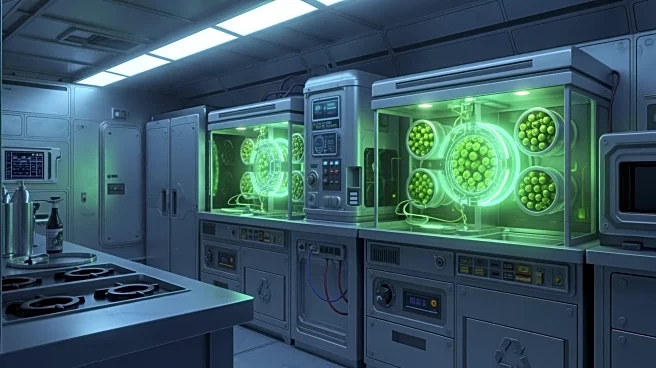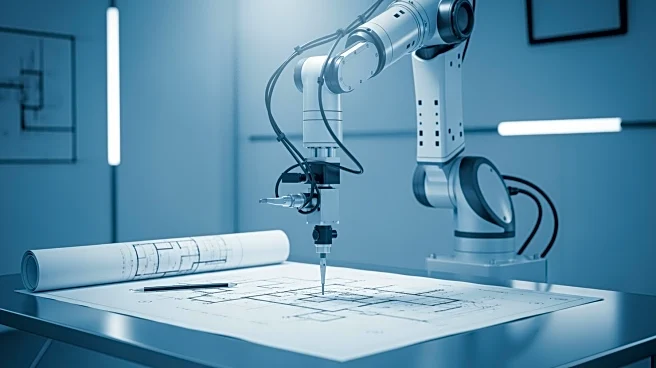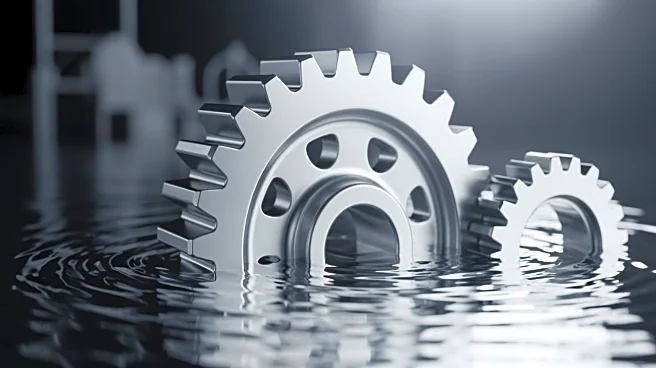What's Happening?
The European Space Agency (ESA) is pioneering a project to produce protein in space using Solein, a powder made from microbes, carbon dioxide, and electricity. This initiative aims to support astronaut
autonomy by reducing reliance on terrestrial resupply missions. Solein, developed by Finnish company Solar Foods, is produced through gas fermentation, where microbes convert carbon dioxide and hydrogen into protein. In space, urea from urine will replace ammonia as the nitrogen source, making the process more self-contained. The nutritional profile of Solein includes 78% protein, 6% unsaturated fat, 10% dietary fibers, 2% carbohydrates, and 4% mineral nutrients, along with essential micronutrients like iron and vitamin B12. The project seeks to explore Solein's behavior in microgravity, a critical step for its application in long-duration space missions.
Why It's Important?
This development is significant as it addresses the logistical challenges of food supply for long-duration space missions, such as those to the Moon and Mars. By enabling onboard food production, ESA aims to enhance the autonomy and resilience of human spaceflight. The technology also has terrestrial implications, offering potential solutions for food production in remote or resource-scarce environments. The approach aligns with sustainability goals in space exploration, promoting circular life-support systems where waste is repurposed rather than discarded. Successful implementation could lead to sustainable habitats on other planets, advancing human exploration capabilities.
What's Next?
Over the next eight months, Solar Foods will collaborate with OHB System AG to adapt the fermentation technology for use aboard the International Space Station (ISS). The main challenge is the behavior of gases and liquids in microgravity, which affects nutrient and gas transport within the microbial system. If successful, this project could pave the way for sustainable food production in space, reducing the need for frequent cargo missions and supporting long-term human presence beyond Earth orbit.
Beyond the Headlines
The research could revolutionize food production by utilizing waste products like urine, contributing to circular life-support systems. This aligns with broader sustainability goals in space exploration, potentially influencing terrestrial food production methods. The project highlights the innovative use of biotechnology to address challenges in extreme environments, offering insights into future applications in both space and Earth-based settings.









